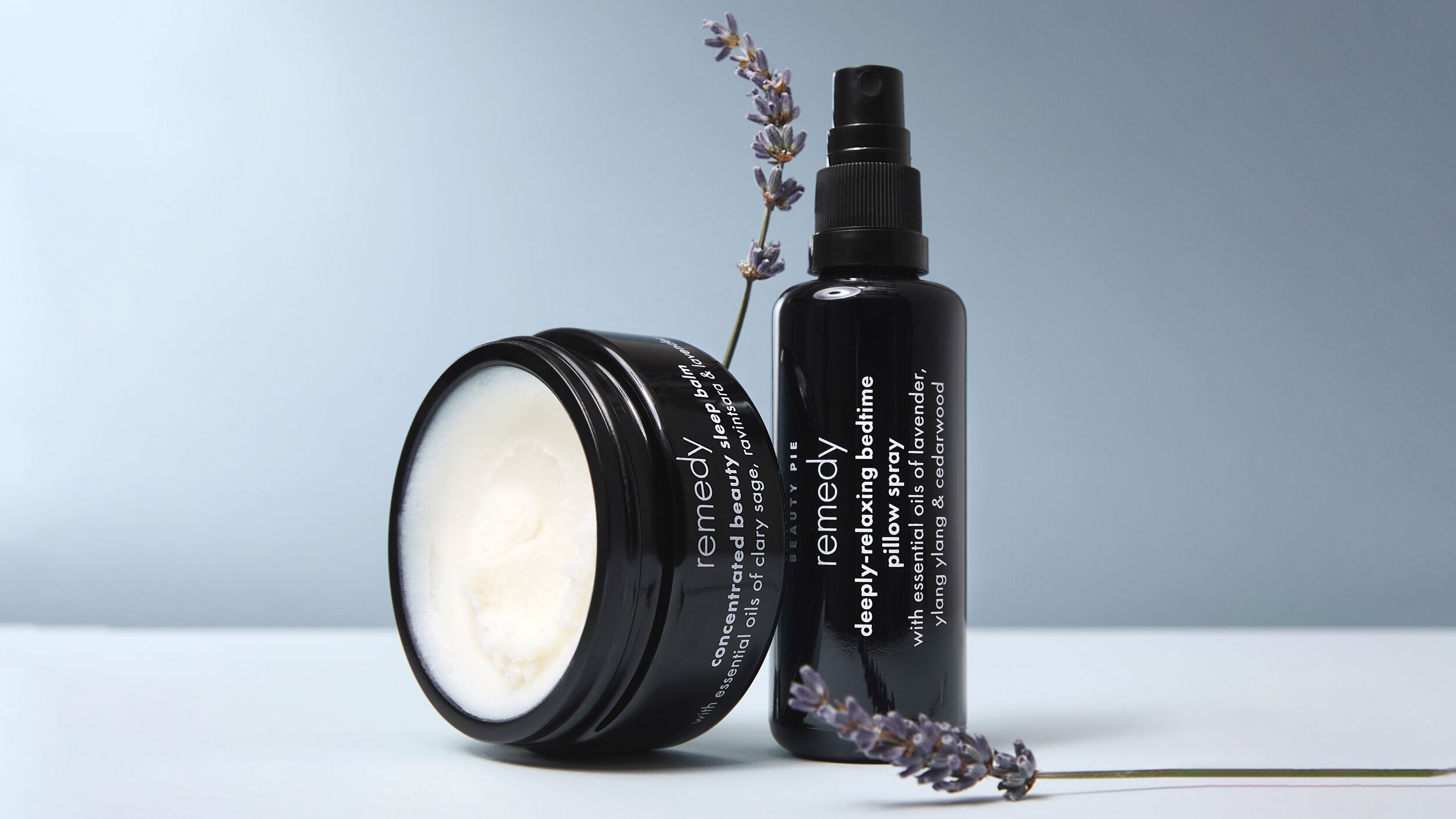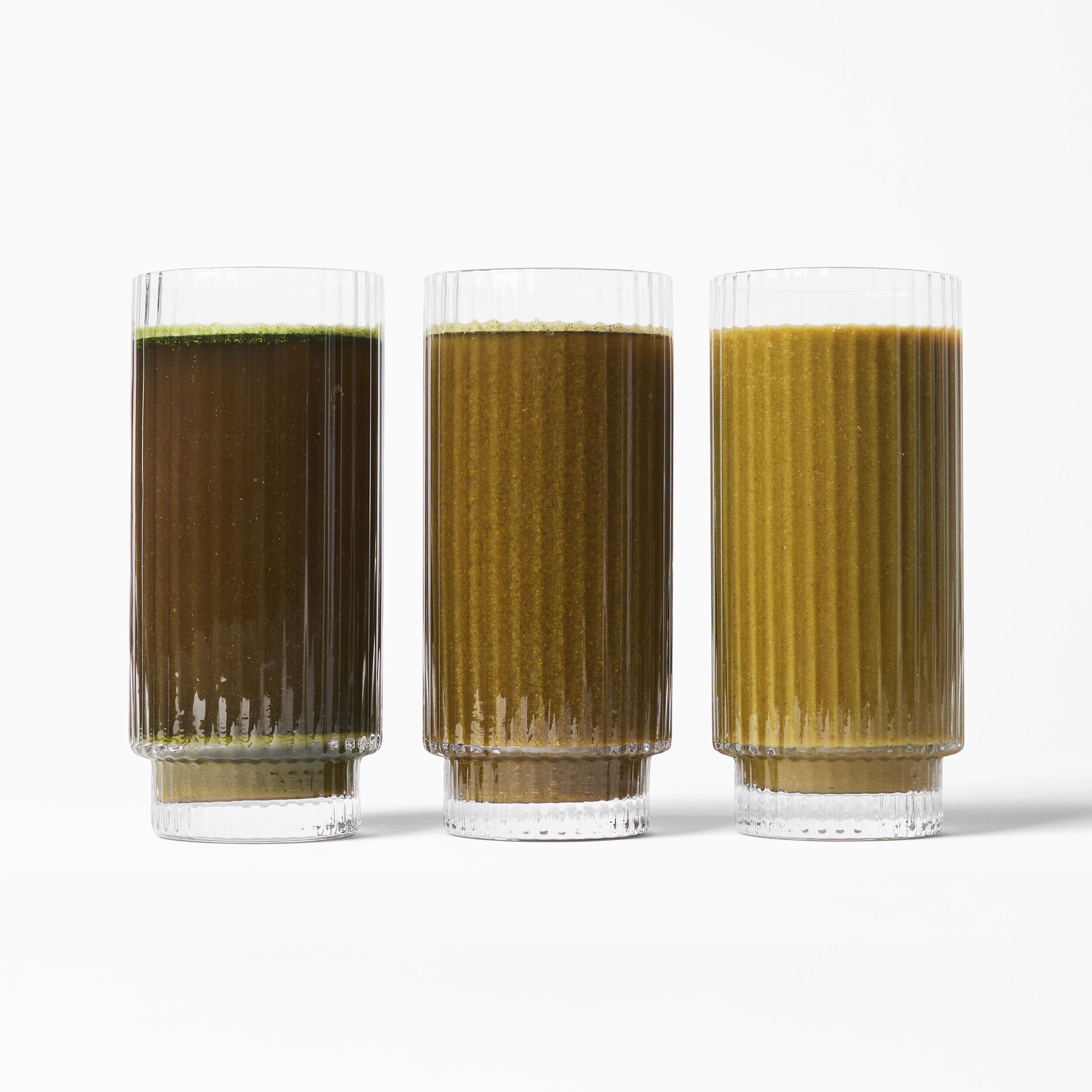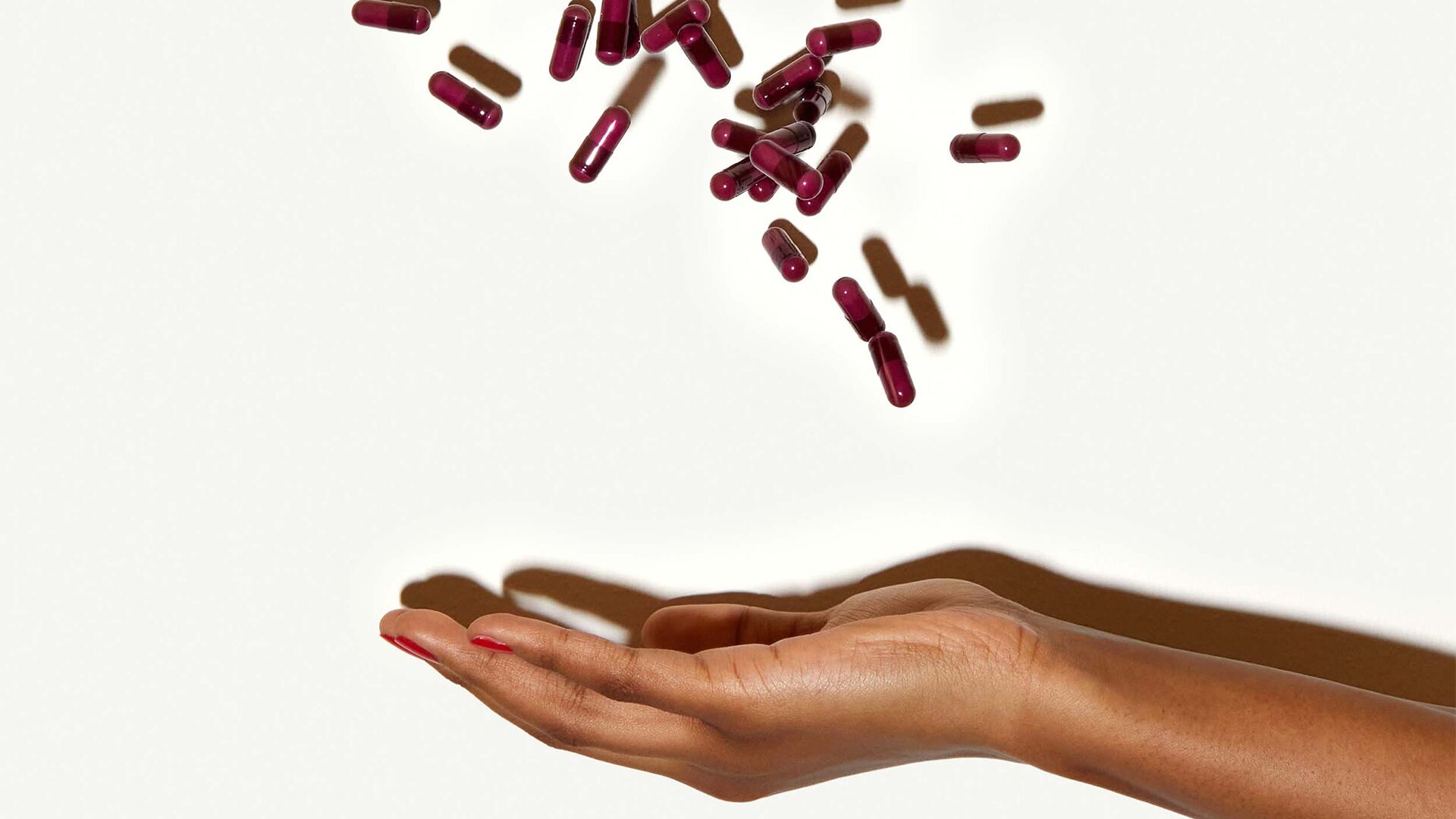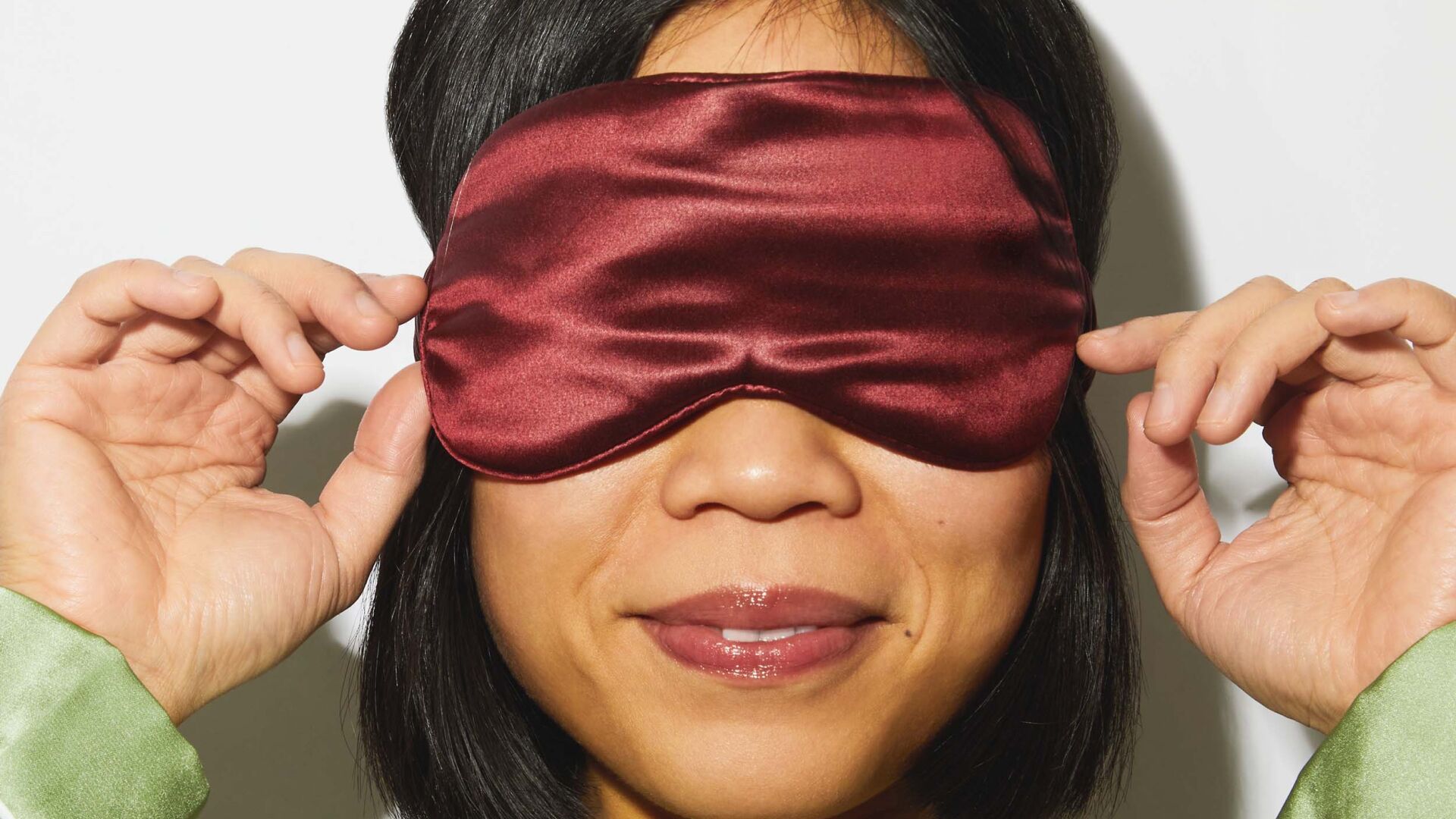
Mounting evidence is suggesting that the blanket advice for adults to get 8-hours of sleep might not actually be enough for women. Researchers found that women report poorer quality sleep, citing conditions such as insomnia, restless leg syndrome and hormonal fluctuations are contributing factors.
For anyone struggling to get enough sleep, we've combed through the latest scientific research to find out exactly how to optimise your sleep, including how to fall asleep faster and how to increase your chances of waking up feeling refreshed.
Take a Micro-Nap
According to sleep experts, a micro-nap is when you ‘drift off’ for between 5 and 30 minutes (once you hit 30 minutes, apparently you’ve reached ‘power nap’ territory). Thing about a micro-nap is that you might not actually fall asleep - but your brain activity “shifts towards a state of reduced wakefulness” - a bit like when your computer goes into ‘sleep’ mode, rather than being completely shut down.
Research published in the National Library of Medicine has shown that these day-dreamy moments can improve memory, enhance problem-solving abilities, and increase creativity - and can also help improve your night-time sleep patterns. Experts even suggest that taking a micro-nap as you prepare to sleep can help you transition into a state of relaxation and prepare your mind, brain, and body for restorative sleep.
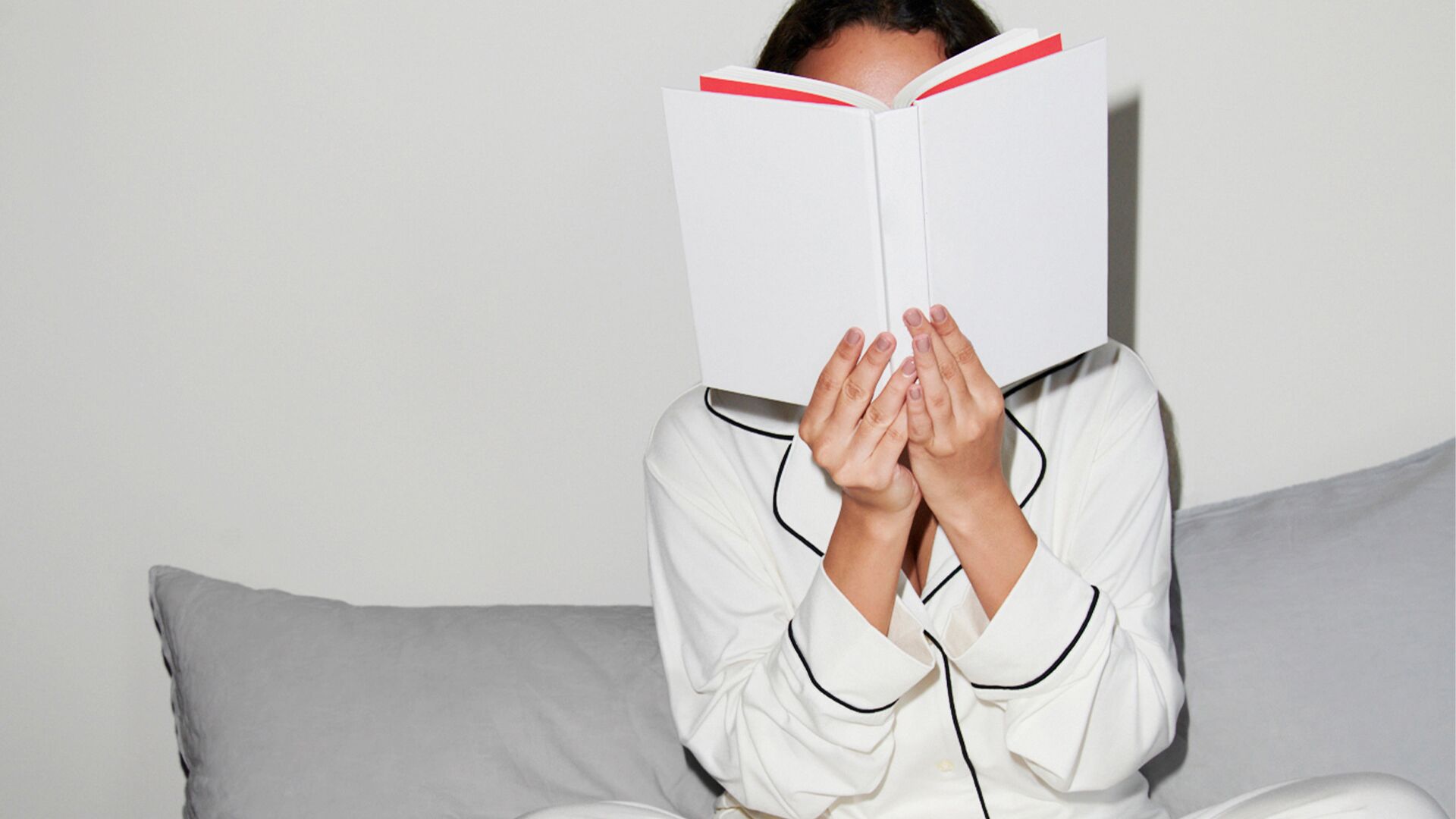
Try The 10-3-2-1-0 Rule
Put simply, it’s about practising what sleep specialists call ‘good sleep hygiene’ and it looks like this:
- 10 hours before bed: No more caffeine.
- 3 hours before bed: No more food or alcohol.
- 2 hours before bed: No more work.
- 1 hour before bed: No more screen time.
- 0: The number of times you hit the snooze button in the morning.
Set a Bedtime Alarm
According to experts, the best time to start winding down for bed is somewhere between 30 and 60 minutes before you actually want to drift off. Setting an alarm helps you focus on the fact that you’re now in ‘pre-sleep’ mode. It might be dimming the lights, taking a bath, reading a book - whatever works for you.
Stop The Clocks
Turn electonic clocks so they face away from you; banish ticking clocks and don’t even think about having your phone in your room. If you catch sight of a clock during the night, it can set your mind racing with thoughts of the day ahead - or counting backwards to see how much sleep you can still fit in - and can stop you falling back to sleep.
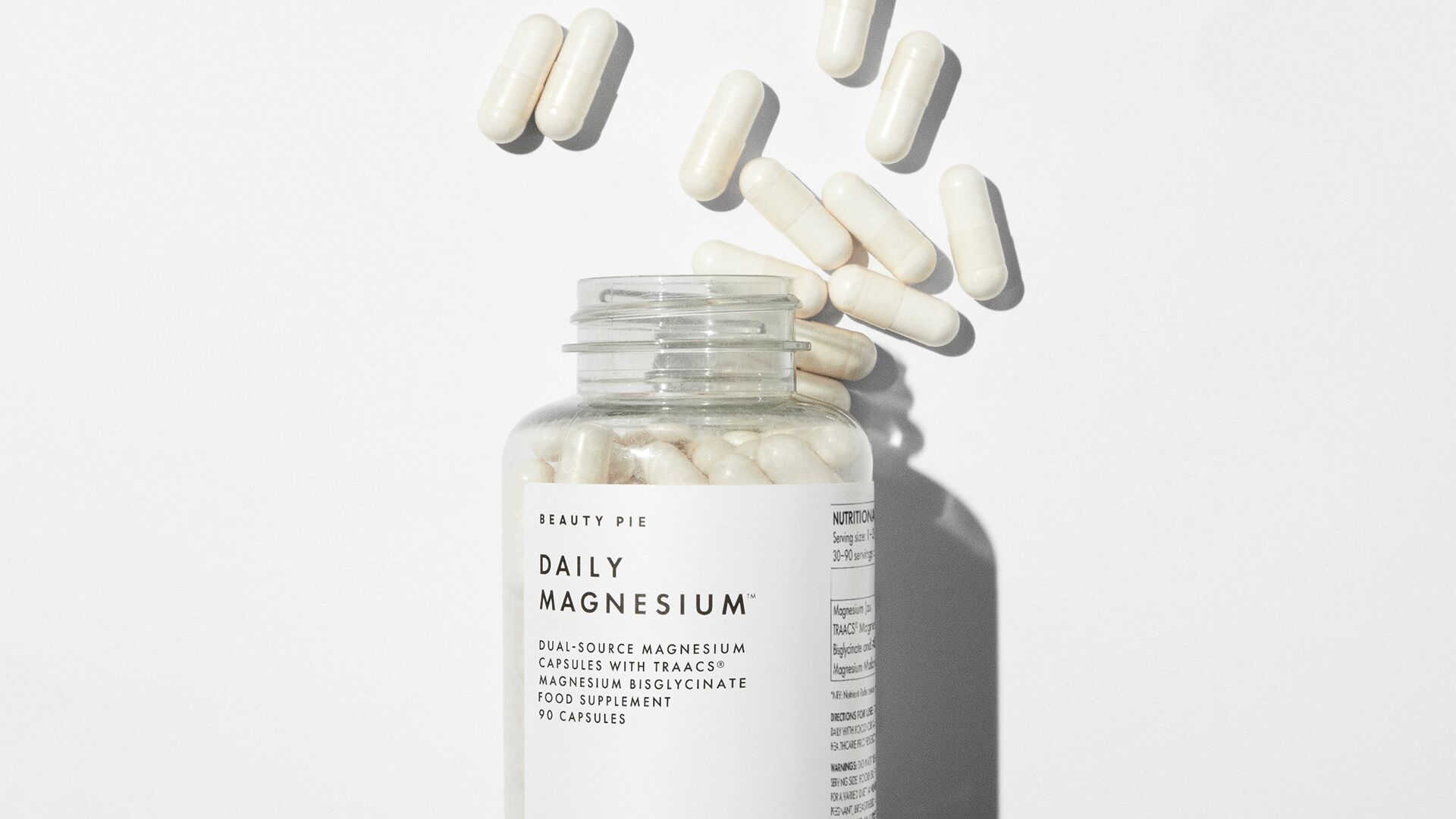
Be Consistent With Magnesium
There's been a lot of hype around magnesium's potential to promote better sleep and the science so far is compelling. Magnesium is an essential mineral consumed through food, but recent studies suggest that many people are deficient (nearly 50% of US adults might not being consuming enough).
Higher levels of magnesium within the body are associated with better sleep, longer sleeping times and less tiredness during waking hours. It's also thought to impact how certain chemical behave in the brain, including melatonin and cortisol, which also have an impact on sleep. Luckily, taking a supplement, like Beauty Pie's Daily Magnesium Dual-Source Capsules, can help compensate for any dietary inadequacies.
Experts say that it doesn’t matter so much whether you take magnesium in the morning or at night, but evidence shows you should try and be consistent and try and take it around the same time every day, ideally with a meal or snack.
Embrace Essential Oils
Studies have shown that essential oil aroma promotes both subjective and objective sleep quality, meaning they can be a useful solution for poor sleep quality and insomnia. Our new REMedy Deeply Relaxing Bedtime Pillow Spray and Concentrated Beauty Sleep Balm harness a proprietary ‘Good Snooze’ Essential Oil blend that helps relax your senses, ease stress and anxiety levels, deliver deeper more intense REM sleep.
